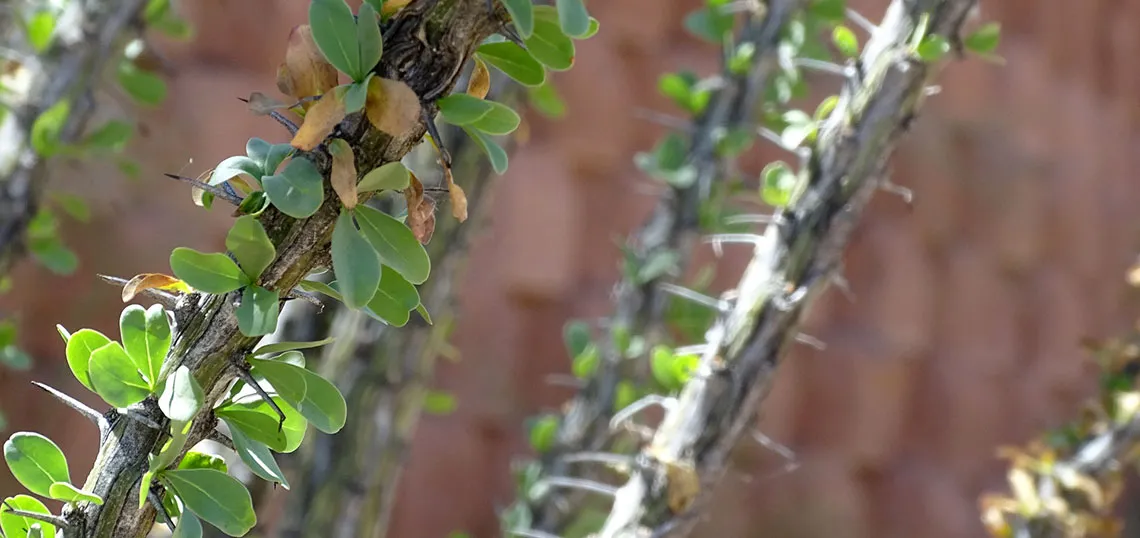Workshop organized by the Udall Center for Studies in Public Policy, co-sponsored by CAPLA and the Drachman Institute

When
Also sponsored by the UArizona Department of Hydrology and Atmospheric Sciences, Water Resources Research Center, Udall Foundation, Pima Count Flood Control and Tucson Water. Supported by Pima Association of Governments, Watershed Management Group and Moline Creative.
Droughts, shortages, changing precipitation patterns, the Colorado River – water is never far from mind in the arid Southwest, the driest part of the United States. Municipalities need to compete with other water users within the basin to accommodate a growing urban population with shrinking water supplies. Stormwater has been a key resource to face this new reality. Often seen as a nuisance or a problem, flood management in Tucson has been reframing stormwater from a hazard to a resource, incorporating green infrastructure (GI) as a solution to flooding, a novel approach in the country. Here, the main water utility, Tucson Water, has also been incorporating GI into their outreach programs because this practice can recharge groundwater, one of the main water sources of the city. Stormwater managers also apply GI to reduce pollutants mobilized in urban runoff. But GI can have many other functions, from recreational green spaces to wildlife habitat, food provision, heat mitigation, and more. Yet GI-related research and practice are not always easy allies, and parallel or siloed efforts may not be leveraged by potential collaborations and learning opportunities. Best practices from research are often difficult to put into practice, and daily policy decisions often deal with what is, not what should be.
This workshop will connect researchers and practitioners working on stormwater management and GI collectively to determine the state of the art in research and practice in Tucson, Arizona. The workshop brings together researchers, policymakers, NGOs, funding organizations, and more, as we attempt to learn from each other’s efforts and promote collaboration around GI and identify future opportunities for greening the city.
This workshop will consist of four dialogue sessions addressing GI from the research and practice perspectives. Sessions represent the diverse set of actors active in GI, including academia, NGOs, governments, and funding organizations. Dialogue sessions will address three key crosscutting themes: collaboration, funding, and equity. We envision having posters from students and organizations on display at the workshop venue and workshop participants can browse these posters during the lunchtime to learn about ongoing research and practice around GI in Tucson. We will produce a summary document from the workshop and work with an illustrator to craft a collective summary visual of the workshop.
Header photo by Kayli Photography, courtesy Pixabay.
